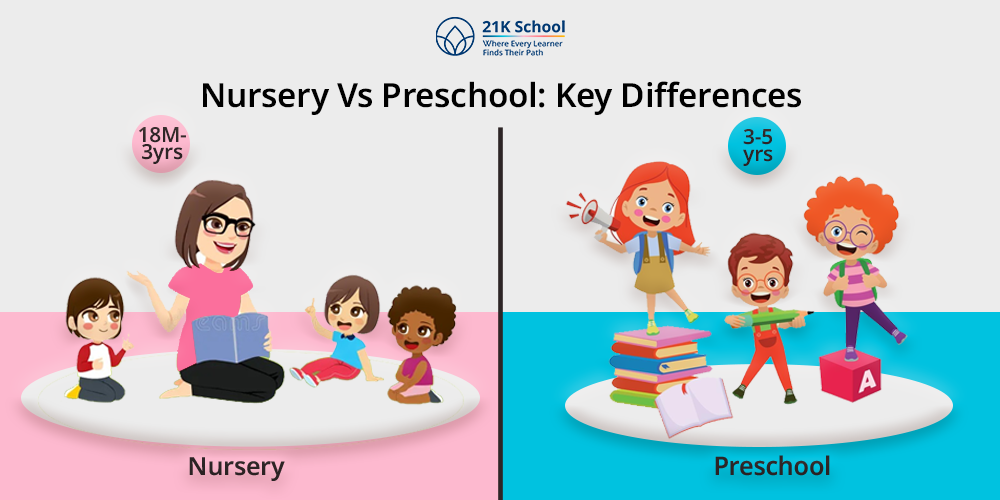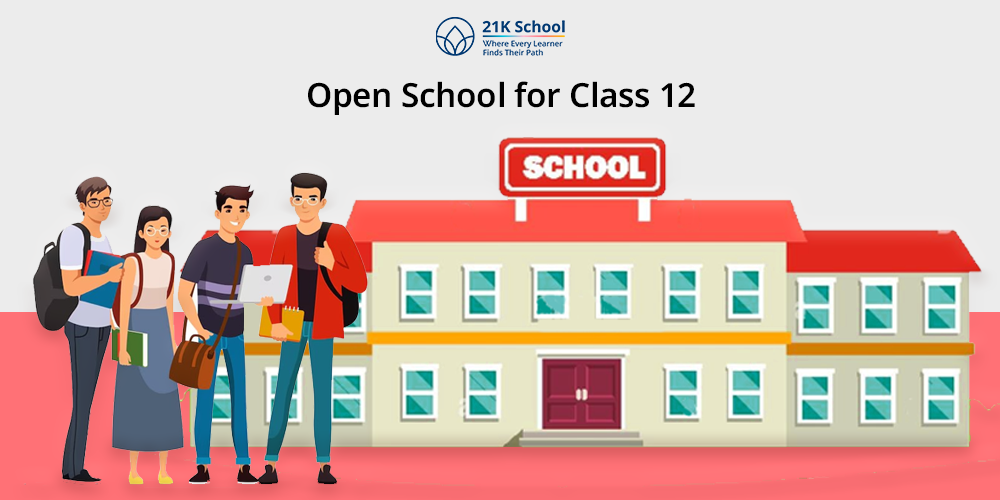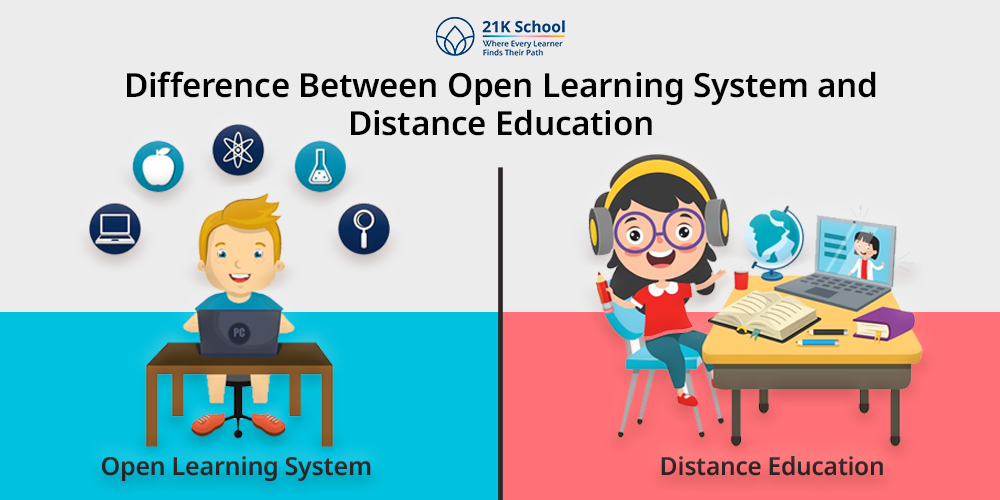
Do you use letters instead of phones to send your messages? Or do you walk miles with your bare foot instead of using a cycle /bike/car?
Ain’t these things sound absurd, as who will do all these in the 21st century where everything is so advanced and hi-tech?
This shows that with change in time, the requirements keep on changing, and to fulfil that we develop new things. Similarly, to survive in this modern world where innovation is everything, we must not be stuck to academic books and make efforts to learn skills.
In today’s world, Skill-based education is paramount and so we are here to discuss it. Let’s delve into the details below-
Table of Contents
What Is Skill-based Education?
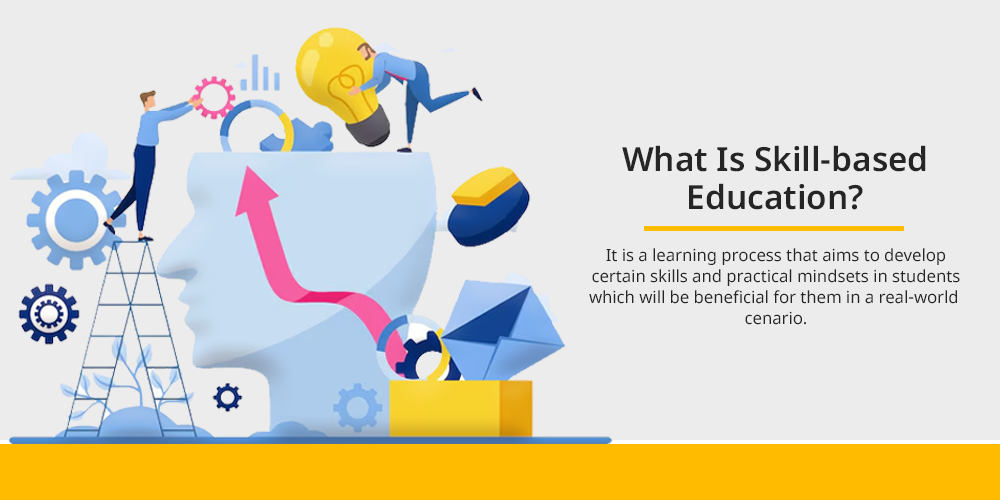
Skill-based education refers to a learning process that aims to develop certain skills and practical mindsets in students which will be beneficial for them in a real-world scenario rather than focusing on learning only theoretical knowledge and information as it was traditionally done.
It is of great importance in this competitive world, as the application of what you have learned plays a significant role in developing goods and services.
This system helps students to implement their ideas and knowledge to solve real-life problems and the knowledge of various skills like technical, digital, communication, interpersonal, importance of leadership, and entrepreneurship helps them stand out from the crowd.
Nowadays it has been thoroughly observed that no matter what degree a person holds, they are judged by the services they can provide to deal with the actual problems.
They are easily hired by the top companies or even start their own business. In a way, if we look at it, this is all that matters is how one can translate their ideas into application.
Why Skill-Based Education is Important?
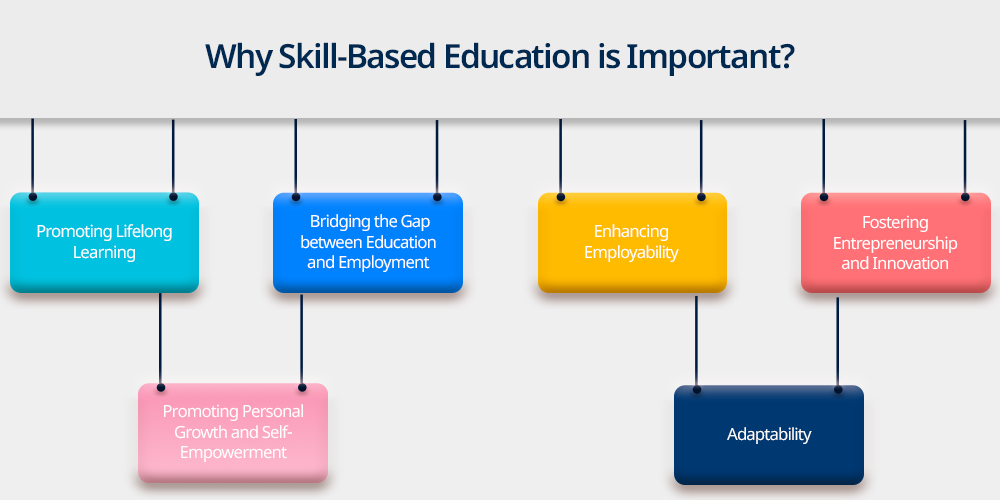
As in the traditional way of learning students were more focused on memorising the concepts, rather than applying them which was a drawback of the system.
Therefore, nowadays the curriculum is revised in a way where they are more encouraged to apply that knowledge and develop some ideas to implement it in real life.
It is of great importance as it will develop an entrepreneurial mindset in students which can lead to some great ideas which can change the world.
For various job opportunities as well this is the need of the hour, people with a great set of technical, communication, and leadership skills are hired rather than one with a decent degree without any skills.
The skill-based education system is making students well-equipped with decent skills that provide their credibility and visibility in this competitive environment.
Through this article, you will get to learn in a better and broader way why skill-based education is of paramount importance. Let’s delve deeper into this through the following points:
Also, read The Importance Of Skill Development in School Education to understand why schools should start working on skill growth of children.
1. Promoting Lifelong Learning
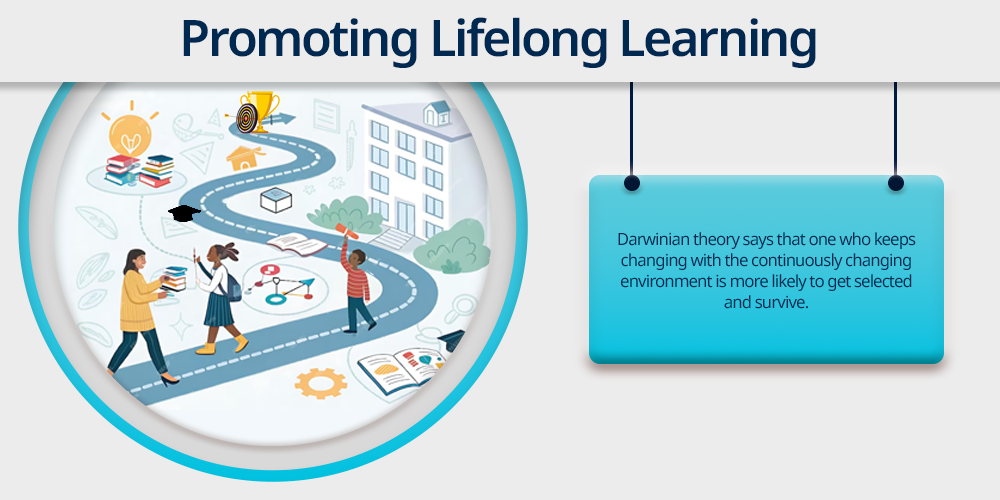
The Darwinian theory says that one who keeps changing with the continuously changing environment is more likely to get selected and survive, in a nutshell, “survival of the fittest”.
This theory truly explains the role of skill-based education in promoting lifelong learning and motivating people to keep themselves updated with the constantly changing environment.
Skills are something that can be acquired throughout life with the willingness to learn. These days online learning platforms have made it easy and accessible for everyone who wants to learn.
2. Bridging the Gap between Education and Employment
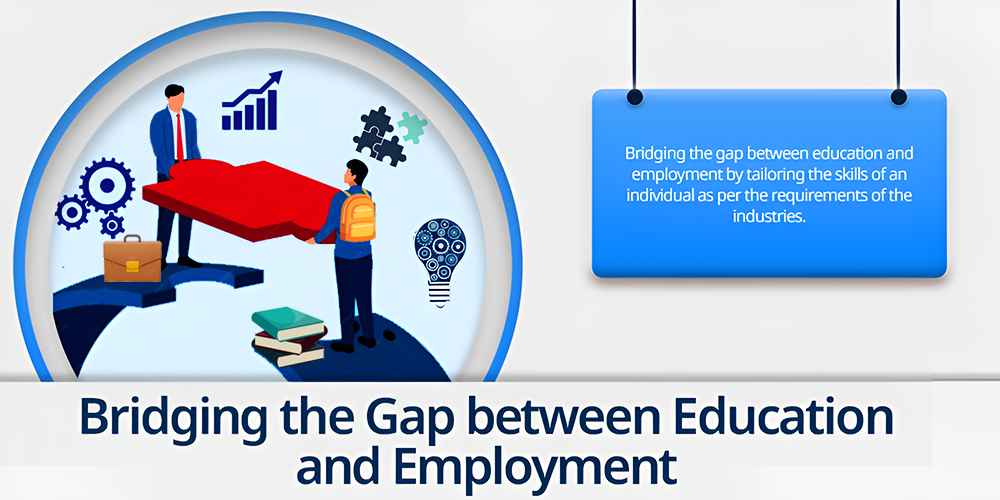
Earlier a huge gap was observed between the skills one had and the one needed to get a job. Skill-based education focuses on bridging the gap between education and employment by tailoring the skills of an individual as per the requirements of the industries.
It keeps people updated with the changing dynamics of job requirements and helps them acquire those skills.
3. Enhancing Employability
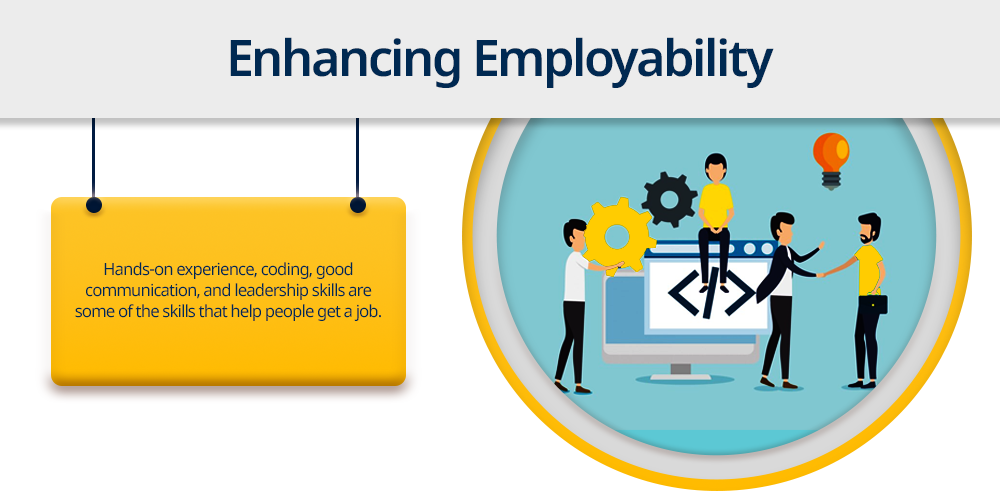
As mentioned above, people are more valued based on their problem-solving skills rather than a degree without skills. Hands-on experience, coding, good communication, and leadership skills are some of the skills that help people get a job.
It again depends on the sector you are applying for, every sector has its requirements. One can prepare well by acquiring job-specific skills and increase their chances of getting hired.
These skills assure the employer about the value that one can add to the company. There are schools like “21K School” which offer skill-based programs to make students aware of the importance of skills for today’s world.
4. Promoting Personal Growth and Self-Empowerment
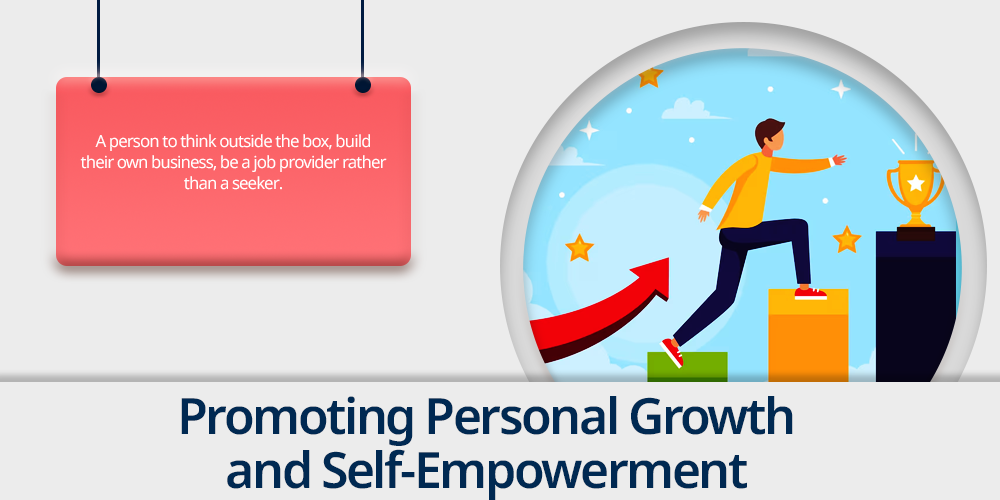
Acquiring the skills that interest you and also align with the job profile is surely going to get you huge success in the future not only professionally but personally too.
Knowing always works as a confidence booster. With all the skills, people have the confidence to follow their passion and have a fulfilling career.
It empowers a person to think outside the box, build their own business, be a job provider rather than a seeker, cultivate their talents, and follow their dreams. These people not only empower themselves but also inspire others.
5. Fostering Entrepreneurship and Innovation
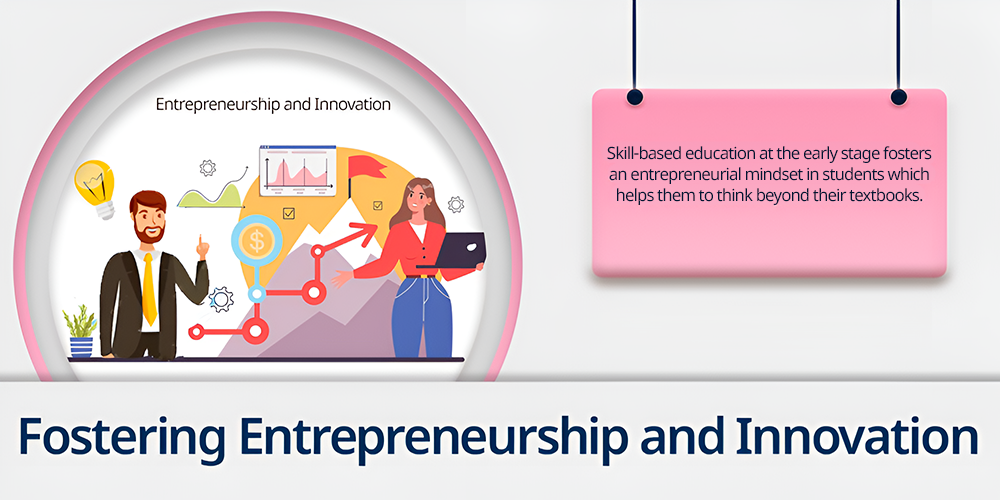
Skill-based education at the early stage fosters an entrepreneurial mindset in students which helps them to think beyond their textbooks. With all the desired skills people can think of innovative solutions to the existing problems and can see their ideas come to life.
6. Adaptability
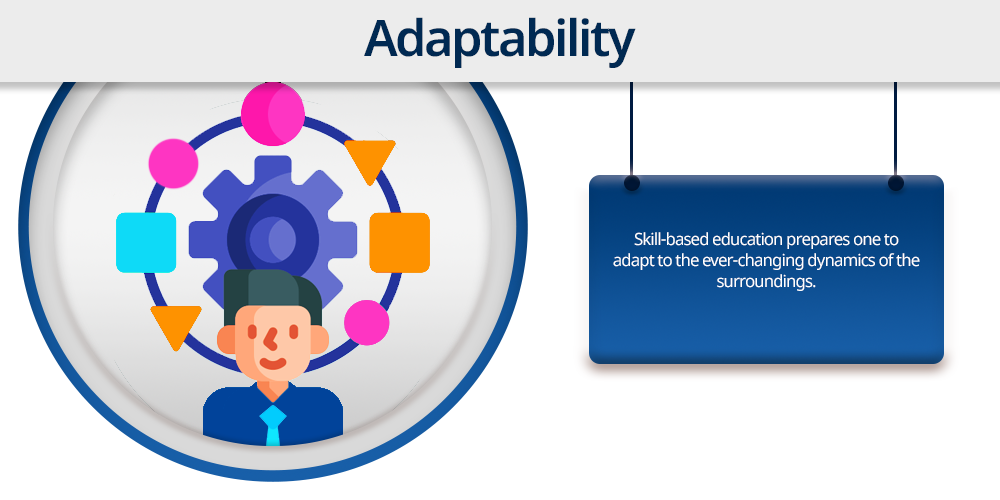
With the changing environment, it is very important to keep oneself updated with the latest technology to sustain. Skill-based education prepares one to adapt to the ever-changing dynamics of the surroundings.
Getting equipped with the relevant skills in your field makes you feel confident among your peers and will help you perform better. It also secures your position in a company to a large extent.
Again using Darwin’s theory as a reference those who change with the changing environment and adapt well are highly likely to get selected.
Conclusion
The skill-based education system has truly changed the way of learning. It has become more innovative and entrepreneurial than sticking to memorization of theories.
This system has helped people think beyond the texts and implement the ideas in real life to provide solutions. It helps one’s professional and personal growth.
This is the need of the hour, where people should keep themselves updated with the latest developments in technology so that they can stand out and secure good positions in companies.
Equipped with good skills one can also build their own business and contribute to mankind as well as live their dream life.

